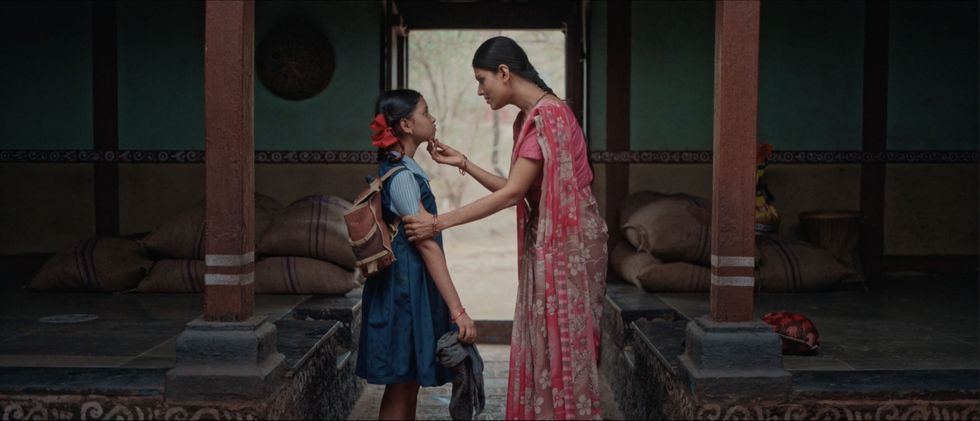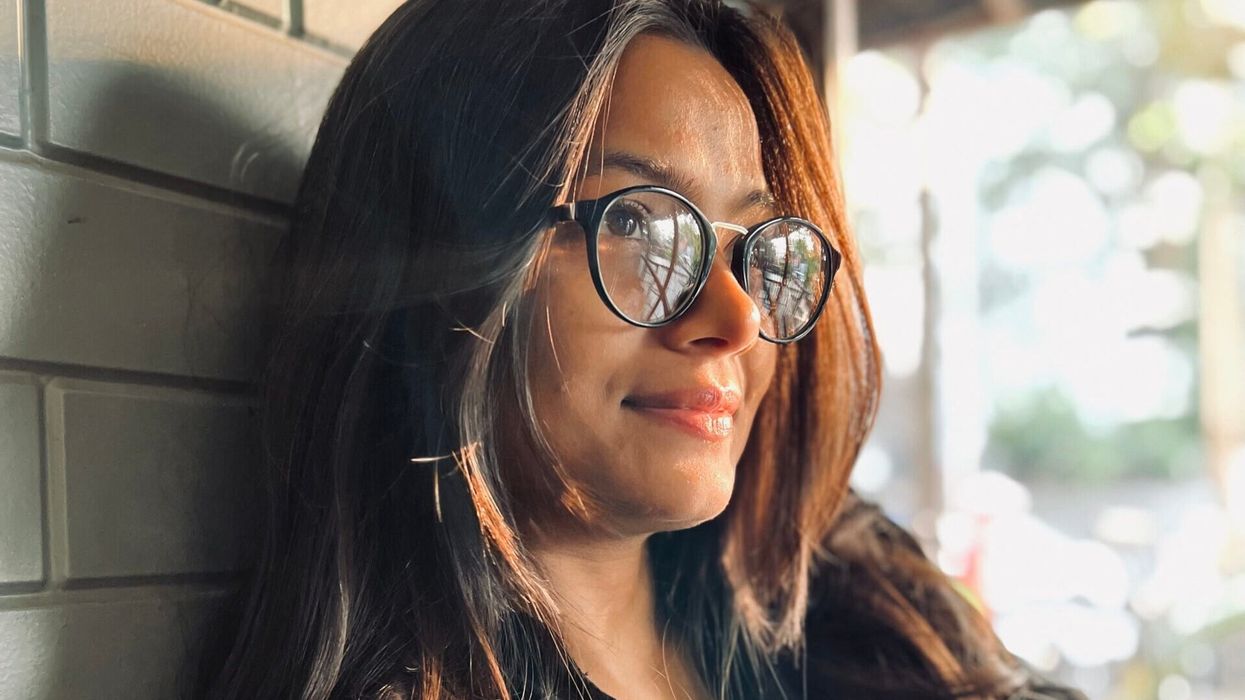TELLING a compelling story in a short film takes a lot of skill, and Shivani Mehra has quite comprehensively demonstrated that with Me, Raani.
After working as an assistant director on feature films such as Jhalki and Babumoshai Bandookbaaz, she has delivered an empowering female-led film about rising up in the most challenging circumstances.
The Indian writer/director has high hopes for her beautifully shot film and is aiming for major international accolades.
Eastern Eye caught up with a young filmmaker you will be hearing a lot more about to discuss Me, Raani, the experience of making it, inspirations, and her own filmmaking hero.What first connected you to filmmaking?
The connection with filmmaking started from writing. It is my first love. Writing gave strength to my thoughts and voice to the introverted child in me. I added visuals to my words in drawings and wrote poetry to express.
My mother has been a great influence too because of her undying love for old Hindi films.
What inspired your short film?
Me, Raani was inspired by a post shared by Mr Anand Mahindra in 2019.He shares a lot of innovative, motivational content but this one post struck out, simply because it challenged the narrative of poverty in India and intrigued me to knit the short film. It literally came with a force and has manifested its way to reality.
Tell us about the film.
The film is set in a remote village of Maharashtra revolving around the lives of Raani, a nine-yearold girl and Anju, her mother.
Anju, like any mother, wants the best for Raani and Raani does understand that, but in her own way.We see their hardships, victories, problems, and solutions.
What is the key message of the film?
My attempt with this film is to say that anything is possible once you put the right energy and intention in place. The world can rob you of everything but not your will, and that being a ‘queen’ is an attitude and not only a title.
Who do you hope this film connects with?
I wish for this film to reach the younger audience so that they are motivated to look at the brighter side of things in the doom of convenience today.
What inspired the interesting title of this film?
It was obvious. Raani in Hindi means queen and the way she leads her life is the attitude of a queen, hence proving that the riches alone can’t make you a queen if you don’t think like one.

What is your favourite moment in the movie?
It is really difficult to say because I have been living this for almost two years now. However, my favourite would have to be the relationship between the mother and daughter played beautifully by Priyanka Zemse and Bhavika Parde.
Did you learn anything while making this film?
Yes. I am a completely different person now. The amount of patience it takes to make a film in a language that you don’t understand is a task, but you learn to put the film above all and work towards making the best out of it.
Who is your own filmmaking hero?
Mr Satyajit Ray. The simplicity and depth in Mr Ray’s stories and filmmaking is hauntingly beautiful. I will always be in awe of how simply and yet very powerfully his characters communicate and exist.
What inspires you creatively?
People inspire me. I often roam in buses around the city and just observe for hours without any purpose. Every face has a story to tell, maybe not in words.
What is the plan going forward?
The plan this year is to take Me, Raani to as many film festivals as possible and for it to reach the right audiences’ and for it to make it to the Oscars 2025 consideration list.
My dream come true would be Me, Raani getting nominated.
I will also be working on two more short film projects to be shot later this year.
Why do you love cinema?
Simply because you can create, re-create, alter anything in the universe you are making. It’s a very powerful method packaged in the most subtle, beautiful way to communicate and bring your reality to life.




